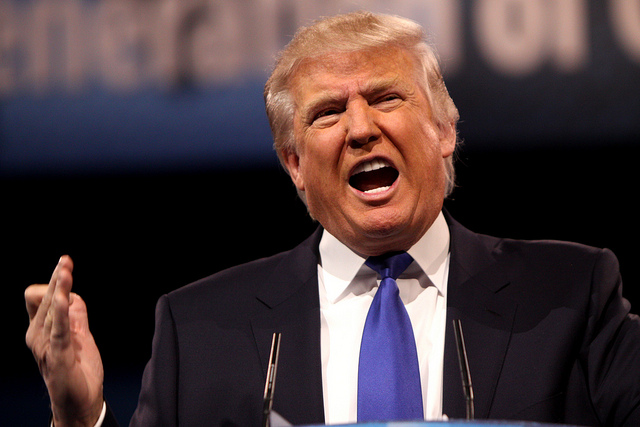
CHICAGO — The Trump administration informed a federal judge in Chicago on Friday that it’s seeking to scuttle a plan negotiated between the nation’s third-largest city and the state of Illinois that envisions far-reaching reforms of Chicago’s 12,000-officer police force under close federal court supervision.
In a statement announcing the intervention, Attorney General Jeff Sessions blasted the roughly 200-page plan, also known as a consent decree, because of the court oversite. And he offered a full-throated defence of Chicago police, saying they must take the lead in stemming city violence.
“There is a misperception that police are the problem and that their failures, their lack of training, and their abuses create crime,” Sessions said. “But the truth is the police are the solution to crime, and criminals are the problem.”
An 11-page Justice Department statement of interest — filed with Judge Robert M. Dow Jr., who must grant the proposal final approval — says the reform plan, as it is, would deprive police of flexibility to do their jobs right. And it criticizes criteria in the plan meant to assess police compliance as vague.
It asks Dow “to allow state and local officials — and Chicago’s brave front-line police officers — to engage in flexible and localized efforts to advance the goal of safe, effective, and constitutional policing in Chicago.”
The filing and Sessions’ comments came a week after jurors convicted white Chicago police officer Jason Van Dyke of second-degree murder for shooting black teen Laquan McDonald 16 times in 2014 as he walked away from police with a knife.
A video of the shooting, released about a year later, sparked outage nationwide and led to an Obama administration investigation of Chicago police, which was followed months later by a damning report that found widespread police abuses.
The Department of Justice Friday simultaneously announced the creation of a “Gun Crimes Prosecution Team” at Chicago’s U.S. attorney’s office focused on gun crimes. The Bureau of Alcohol, Tobacco, Firearms and Explosives will assign five violent-crime co-ordinators to work with federal prosecutors.
Responding to the announcements, a spokesman for Chicago Mayor Rahm Emanuel, Matt McGrath, said the city appreciated the additional resources, “but we don’t appreciate efforts … to impede our public safety reforms or inhibit our efforts to rebuild the bonds of trust between officers and residents.”
Illinois Attorney Lisa Madigan — without objection from Emanuel — sued the city last year to ensure any police reforms would be overseen by a judge. That killed a draft plan negotiated with Trump’s administration that didn’t envision a court role in reforming the department and led to the ultimately successful talks to create the current plan.
The reform plan now on the table foresees far stricter rules on the use of force by officers. One provision requires officers to file paperwork each time they point their weapons, even if they don’t fire.
Sessions again echoed President Donald Trump, who told officers at a convention in Orlando on Monday that a three-year-old agreement between Chicago and the American Civil Liberties Union of Illinois to curb stop-and-frisk procedures by police prevented officers from doing their jobs.
“When police are restrained from using lawfully established policies … when arrests went down, and when their work and character were disrespected, crime surged,” Sessions said. “There must never be another consent decree that continues the folly of the ACLU settlement.”
Chicago officials and the ACLU have said those and similar claims by Trump administration officials are exaggerated, get the data on crime in Chicago wrong and misstate the underlying causes of crime.
Karen Sheley, the director of the police practices project at the ACLU of Illinois, said the move Friday by the Trump administration to sink a plan in the works for over a year was “a last-minute political play at the expense of real people in our city.”
“The Trump Administration and Sessions’ Department of Justice have never attempted to learn about the problems in Chicago or what reform is necessary,” Sheley said in a Friday statement.